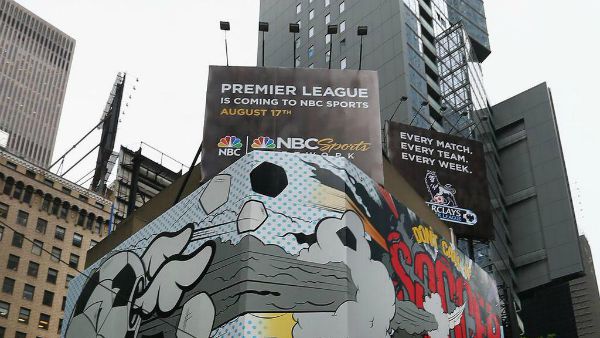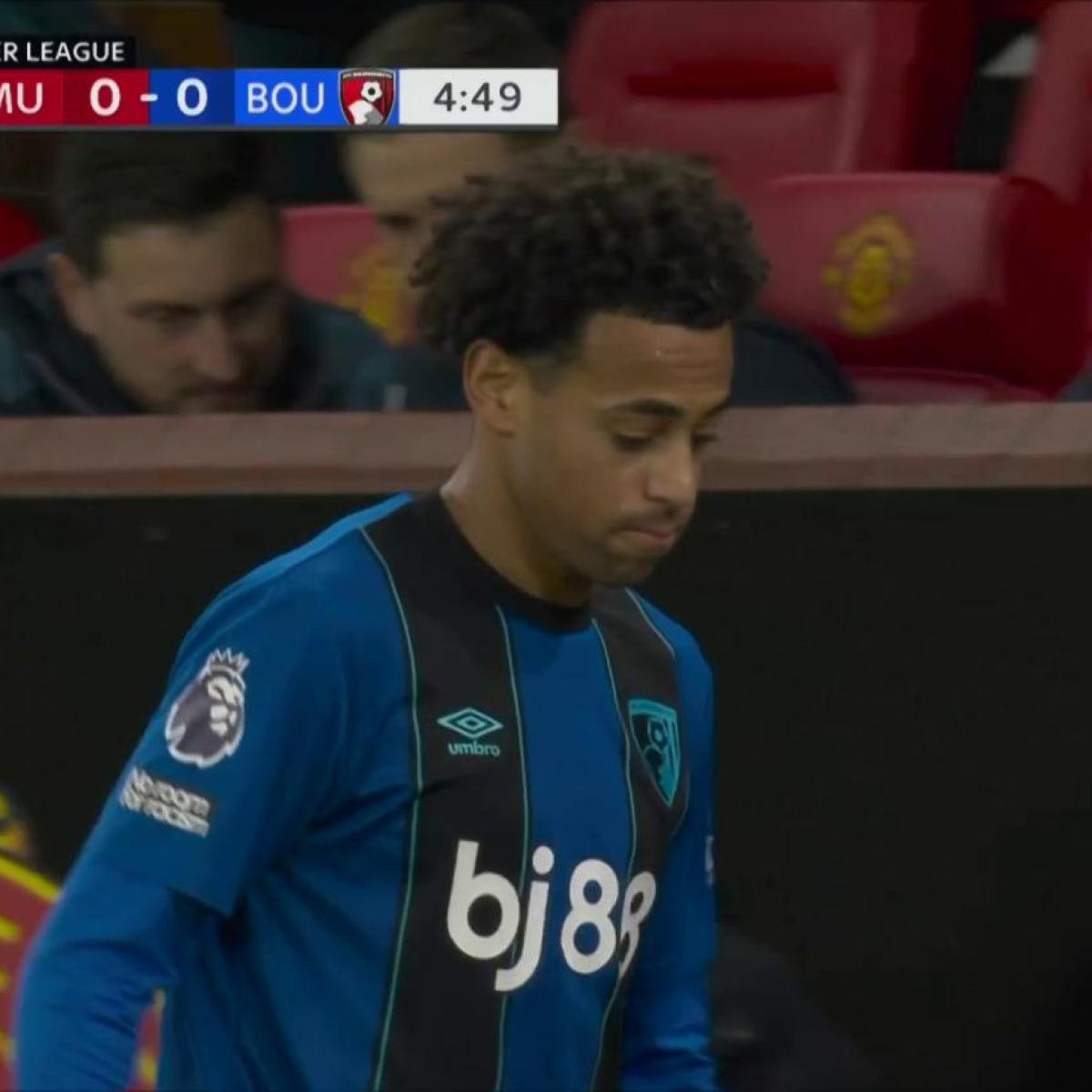It will come as no surprise to even the greenest of soccer fans that, while money can’t buy you love, it can certainly buy you a solid full-back or a game-changing winger with quicksilver in his heels and an eye for goal. And a lot of money (£5.13bn or $7.91bn to be precise), spread across the Premier League’s 20 clubs, can buy a lot of quality players – and, in turn, a bigger and better Premier League TV deal – or so conventional logic would have us believe.
This certainly appears to be the case for the Premier League’s mid-table sides. One only has to glance over Stoke City’s gradual assimilation of La Masia graduates and, most recently, the club-record signing of Xherdan Shaqiri, or Crystal Palace’s successful recruitment of France international and former PSG player Yohan Cabaye, to see this newfound ability to attract international class players being enjoyed by the lesser names of the Premier League. For a team like Stoke, whose most recent trophy was the Nationwide League Division Two Play-Off, it’s quite a coup to acquire talent fresh from Milan and the Champions League. It’s hardly Roy of the Rovers, and rather more Shaq of the Fat Stacks of Cash.
Record Signings Bring Bigger Premier League TV Deal

As a result of this increased financial muscle, the Premier League is set to become ever more competitive to the detriment of the other top European leagues, allowing for a Premier League TV deal of increased magnitude as the top level of English football fulfils its boast of being "the most competitive and compelling league in football." This colossal sum of money is nothing more than the latest installment in the virtuous circle of more money leading to more high quality players leading to more broadcast revenue.
If we examine the lower reaches of the Premier League, we see a similar story, although the motivation behind the recruitment is rather different. Sunderland have convinced Jeremain Lens to join their struggle against relegation for £8m ($12.3m), a far cry from Ukrainian Premier League winners and serial Champions League participants Dynamo Kyiv, his previous employers. One can only speculate about the wages in the contract the Black Cats must have offered Mr. Lens, but one suspects his rewards will be rather more than a half-time orange and a club scarf. This is the dichotomy of the clubs battling for Premier League survival, encapsulated in the QPR approach of last season: speculate heavily, or accumulate a one-way ticket to relegation and the uncertainties of the Championship. Such an approach inevitably draws mercenaries to the training ground, professionals whose appetite for the game has diminished but whose appetite for the lifestyle professional soccer affords them remains as full as ever.
Meanwhile in the Championship, the quest for cash drives even the most parsimonious of managers to splash out. Burnley’s Sean Dyche, hugely respected by fans for his unwillingness to spend money his club did not have, has just broken his club’s record for signing a player (for a sum believed to be £9m or $13.9m), in the hope that Andre Gray, formerly of Brentford, will provide the goals to propel his side back into the Premier League at the first time of asking. Such a U-turn on transfer policy appears strange from such a principled manager, until one considers that the Premier League club finishing bottom of the league in the 2016/2017 season will pocket £99m ($150.2m) as a result of the new Premier League TV deal.
Do Increased Riches Mean Better Players For Top Flight Clubs?

And what of the richest clubs in the Premier League? At the other end of the scale, the Manchester Uniteds and Manchester Citys of English football show no sign of slowing down in spending, but the profile of player they are attracting bears investigation. Manchester City have thus far spent £49m ($75.5m) on Raheem Sterling, £55m ($84.8m) on Kevin de Bruyne and £32m ($48.6m) on Nicolas Otamendi, to name their most significant signings. Sterling must be considered a signing with tremendous potential, de Bruyne had an excellent season in 2014/15 and Otamendi is an established international – but are any of these names really superstars?
Despite the promise of untold Premier League riches, the true stars of world football – Lionel Messi, Luis Suarez, Sergio Ramos, Gareth Bale, Andrés Iniesta, etc., etc. – are all to be found in La Liga. It turns out the money with which the Premier League is awash can solve another purpose for these elite players: as a crucial bargaining chip in contract renegotiation. One only has to look at Manchester United’s pursuit of Sergio Ramos and the eventual resolution of that saga (Ramos signed a new five-year deal at the Bernabeu) to understand the dangerous position into which English football has manoeuvred itself.
The Premier League stands on the precipice of being flooded with agents demanding huge wages for average players, while the world’s elite gather on the Iberian peninsula (or perhaps amongst the forests of Munich or the mountains of Turin) to watch “the best league in the world” choke on its own wealth.




